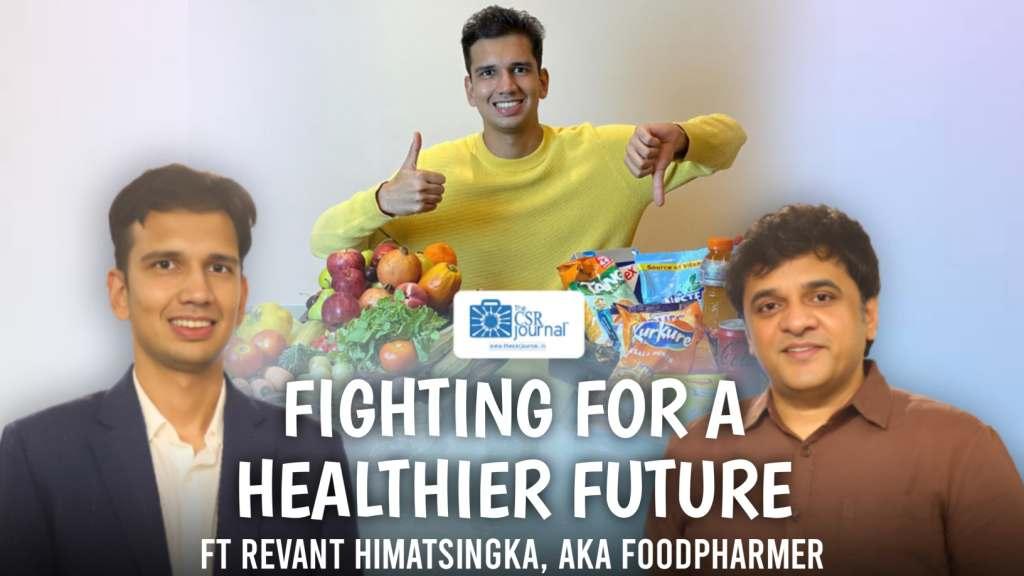Revant Himatsingka aka FoodPharmer shares his journey, challenges and goals
Related Articles
Wild Swans Author Jung Chang Reveals China’s Hidden Truths
Author Jung Chang reveals how Wild Swans chronicled three generations, exposing hidden China stories, family struggles, women’s lives, and emotional truths that reshaped global...
Shalini Passi on Her Journey as an Author and Philanthropist
In this exclusive interview with The CSR Journal, the incredible Shalini Passi opens up about her journey as an artist, philanthropist, and now an...
“Men Are Victims Too”: The Dark Side of India’s Justice System ft Nandini Bhattacharjee
The CSR Journal sits down with one of India’s strongest voices for men’s rights, Nandini Bhattacharya, President of the All Bengal Men’s Forum, she...


